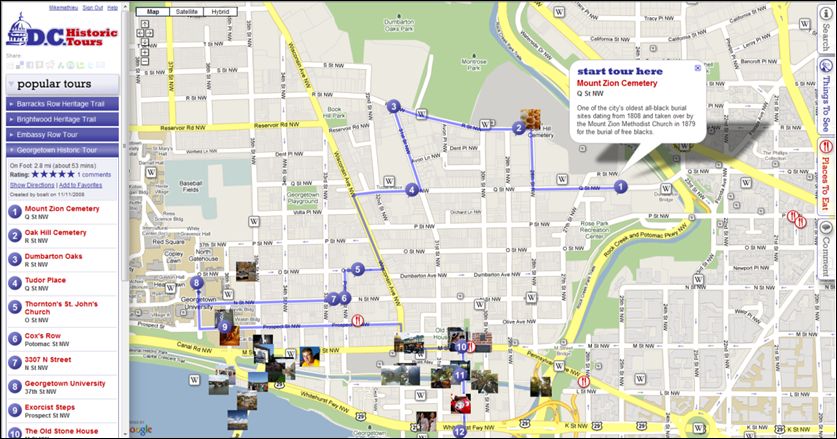Jet lag can be a real downer when traveling long distances. It can leave you feeling tired, irritable, and out of sync with your new surroundings. Fortunately, there are ways to minimize the effects of jet lag and make the most of your trip. Here are some tips for long-haul travelers to avoid jet lag.
Adjust Your Sleep Schedule
One of the best ways to avoid jet lag is to gradually adjust your sleep schedule before your trip. If you’re traveling east, try going to bed and waking up an hour earlier each day leading up to your departure. If you’re traveling west, do the opposite. This can help your body adapt to the new time zone more easily.
Stay Hydrated
Dehydration can worsen the symptoms of jet lag, so it’s important to stay hydrated during your flight. Drink plenty of water and avoid alcohol and caffeine, which can dehydrate you. You can also bring a reusable water bottle with you to refill on the plane.
Get Moving
Exercise can help reset your body clock and reduce the effects of jet lag. Try to move around during your flight, do some stretches, or take a walk up and down the aisles. Once you reach your destination, go for a walk or a run to help get your blood flowing and adjust to the new time zone.
Expose Yourself to Natural Light
Exposure to natural light can help regulate your body’s internal clock and reset your circadian rhythm. Try to get outside and soak up some sunlight during the day, especially in the morning. This can help signal to your body that it’s time to wake up and stay alert.
Avoid Napping
While it may be tempting to take a nap after a long flight, it’s best to try to stay awake until bedtime in your new time zone. This can help your body adjust more quickly to the new schedule and minimize the effects of jet lag. If you must nap, keep it short (20-30 minutes) and avoid napping late in the day.
Use Sleep Aids Wisely
If you’re really struggling with jet lag, you may consider using sleep aids to help you get some rest. However, it’s important to use them wisely and only as directed. Talk to your doctor before taking any sleep aids, especially if you have any underlying health conditions or are taking other medications.
Conclusion
Jet lag can put a damper on your travel experience, but with some careful planning and these tips, you can minimize its effects and make the most of your trip. By adjusting your sleep schedule, staying hydrated, getting moving, exposing yourself to natural light, avoiding napping, and using sleep aids wisely, you can help your body adapt to the new time zone and enjoy your long-haul journey to the fullest.

